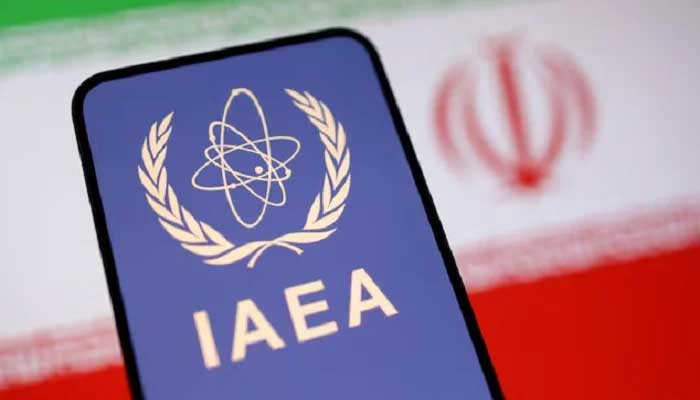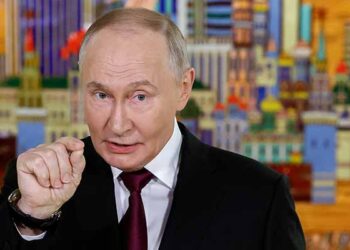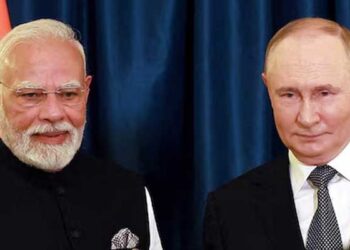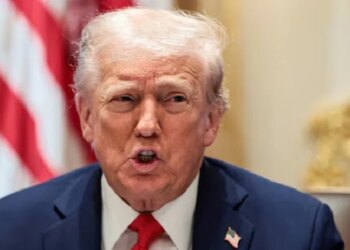Select Language:
Iran’s chief diplomat stated on Sunday that collaboration with the UN nuclear agency is now outdated following the re-imposition of international sanctions on the country. Foreign Minister Abbas Araghchi remarked, “The Cairo agreement no longer holds relevance for our cooperation with the IAEA,” referencing a September agreement with the agency.
This agreement aimed to establish a framework for resumed cooperation and allow inspections of Iranian sites after Tehran halted cooperation in response to Israeli and US strikes on its critical nuclear facilities in June. However, it lost significance for Iran when Britain, France, and Germany—part of the original signatories to the 2015 nuclear deal—triggered the reactivation of UN sanctions due to Tehran’s alleged non-compliance.
Iran had warned that it would cease cooperating with the IAEA if sanctions were reinstated. Araghchi explained during a meeting with foreign diplomats in Tehran, “The three European nations believed they had leverage in their hands, threatening to implement a snapback. Now that they’ve used that leverage and seen the outcome, their influence has diminished significantly—and they have almost lost any justification for negotiations.”
He further stated that these European countries “will play a much smaller role in future diplomatic efforts regarding Iran’s nuclear program.” Iran has accused the IAEA of failing to condemn attacks by its enemies on nuclear sites, despite Iran being a signatory to the Non-Proliferation Treaty (NPT). Western nations, led by the U.S. and supported by Israel, continue to assert that Iran is seeking nuclear weapons and consider uranium enrichment a red line.
Iran firmly denies these claims, maintaining its nuclear program is for civilian purposes only and asserting its right to enrichment under the NPT. Some Iranian lawmakers have suggested leaving the NPT altogether, though President Masoud Pezeshkian has affirmed Iran’s commitment to its treaty obligations.
Araghchi noted that Tehran will soon announce its decision regarding cooperation with the IAEA, without giving specifics, emphasizing that diplomatic avenues remain open. Since April, Iran has been in discussions with the US aiming to reach a new agreement on its nuclear program. However, talks have been halted since June due to Israeli strikes on Iranian nuclear, military, and residential sites. Iran has accused the US of sabotaging diplomacy and has demanded guarantees and formal recognition of its rights before resuming negotiations.







